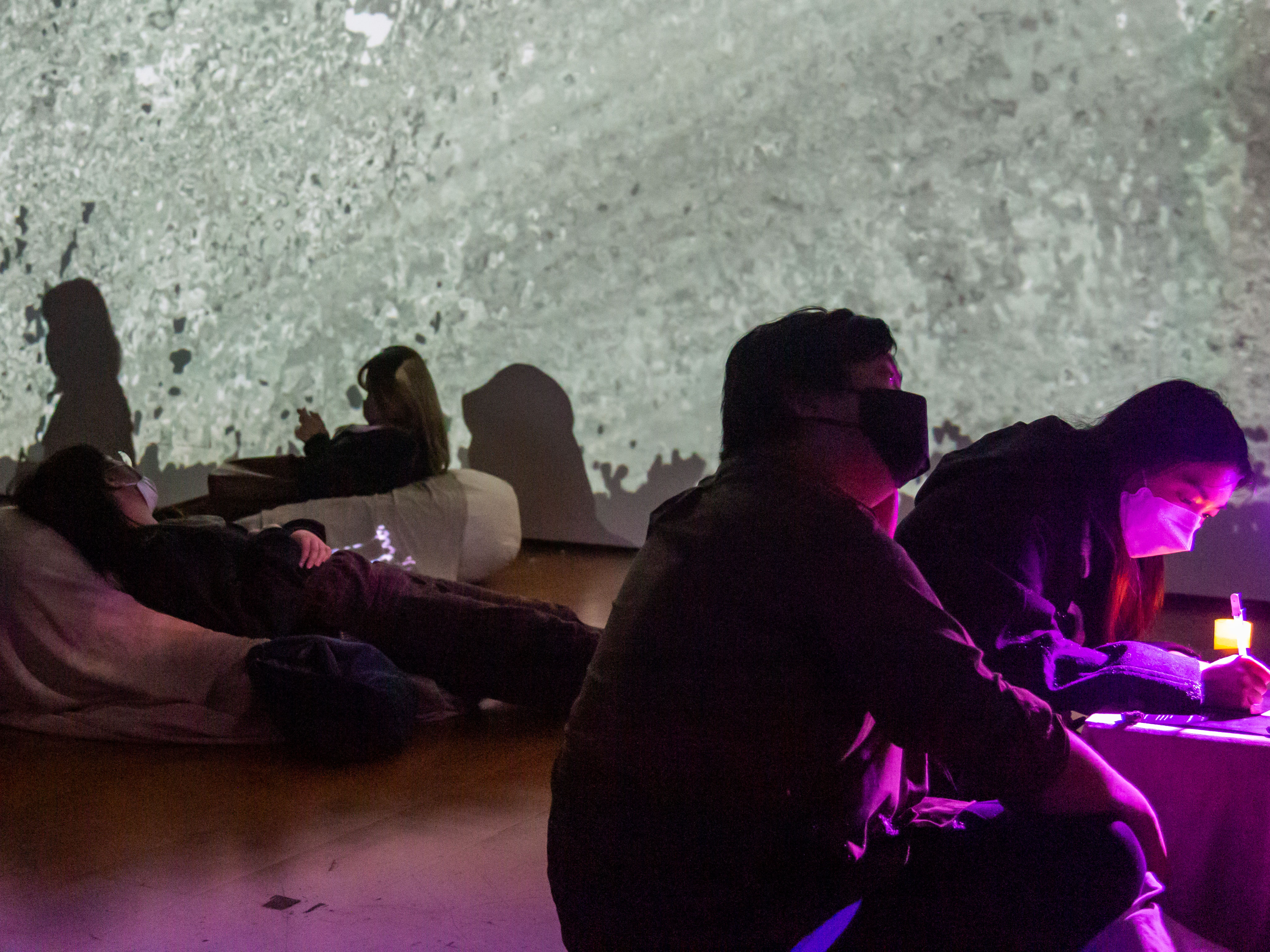SDG 08: Decent Work and Economic Growth
Studio: Experience Design
Following the service-learning course conducted by Mr Peter Benz, Mr Kingsley Ng and Dr Evelyn Kwok of the Academy of Visual Arts, which covered cultural theory and experience design, students used their knowledge and creativity to work on a community initiative for night workers. Students studied a range of case studies to understand the situation and requirements of night workers in preparation for the project. Students were also made aware of research results of the HKU Sleep Lab. In an exhibition at the Current Plans Project Space in Sham Shui Po, they created a spatial, social, and cultural sleep experience and shared it with the visitors.
Career consultation
The Office of Student Affairs conducted 695 individual career consultation sessions, providing students with valuable opportunities to engage with external career advisors from esteemed companies and diverse industries. These sessions were specifically designed to equip students with essential job-searching skills and assist them in charting a successful career path. Through personalised guidance, students received expert advice tailored to their unique strengths and aspirations. With a wealth of industry experience, the advisors offered invaluable insights into current market trends and employer expectations, ensuring that students are well-prepared for the professional world.
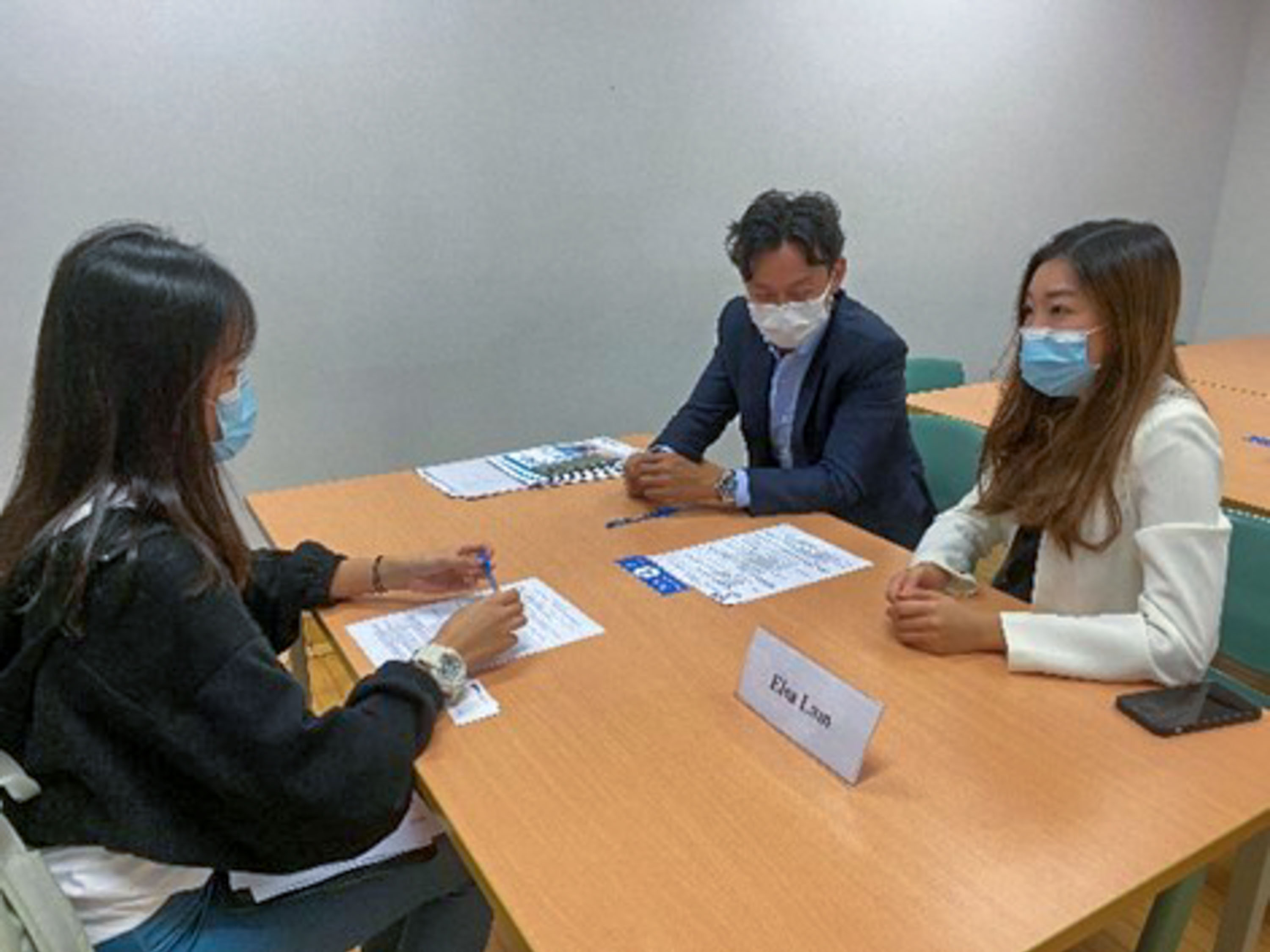



Unpacking the “O” in VRIO: The role of workflow interdependence in the loss and replacement of strategic human capital
Department of Management, Marketing and Information Systems
Authors: Jongsoo KIM, Richard MAKADOK*
*Corresponding author
Retaining key employees is crucial for gaining a competitive advantage, but in this highly competitive business environment, it is inevitable to lose such employees. The research focused on organisational capability of managing the loss of key employees, which has been under-explored in the realm of managing human capital. Through an analysis of data from a professional sports industry, it is found that the departure of star players can have a more detrimental impact when teams have a workflow that is more individual-focused. However, this damage can be mitigated by the ability to recruit high-potential players. On the other hand, it is also found that the loss of non-star players has a greater negative effect when teams have a workflow that is more team-focused. Nevertheless, this damage can be alleviated by the capability to enhance the performance of the team’s existing players. Consequently, the findings suggest that organisations should develop capabilities that align with their specific workflow and take into consideration the relative risk of losing key employees versus non-key employees.
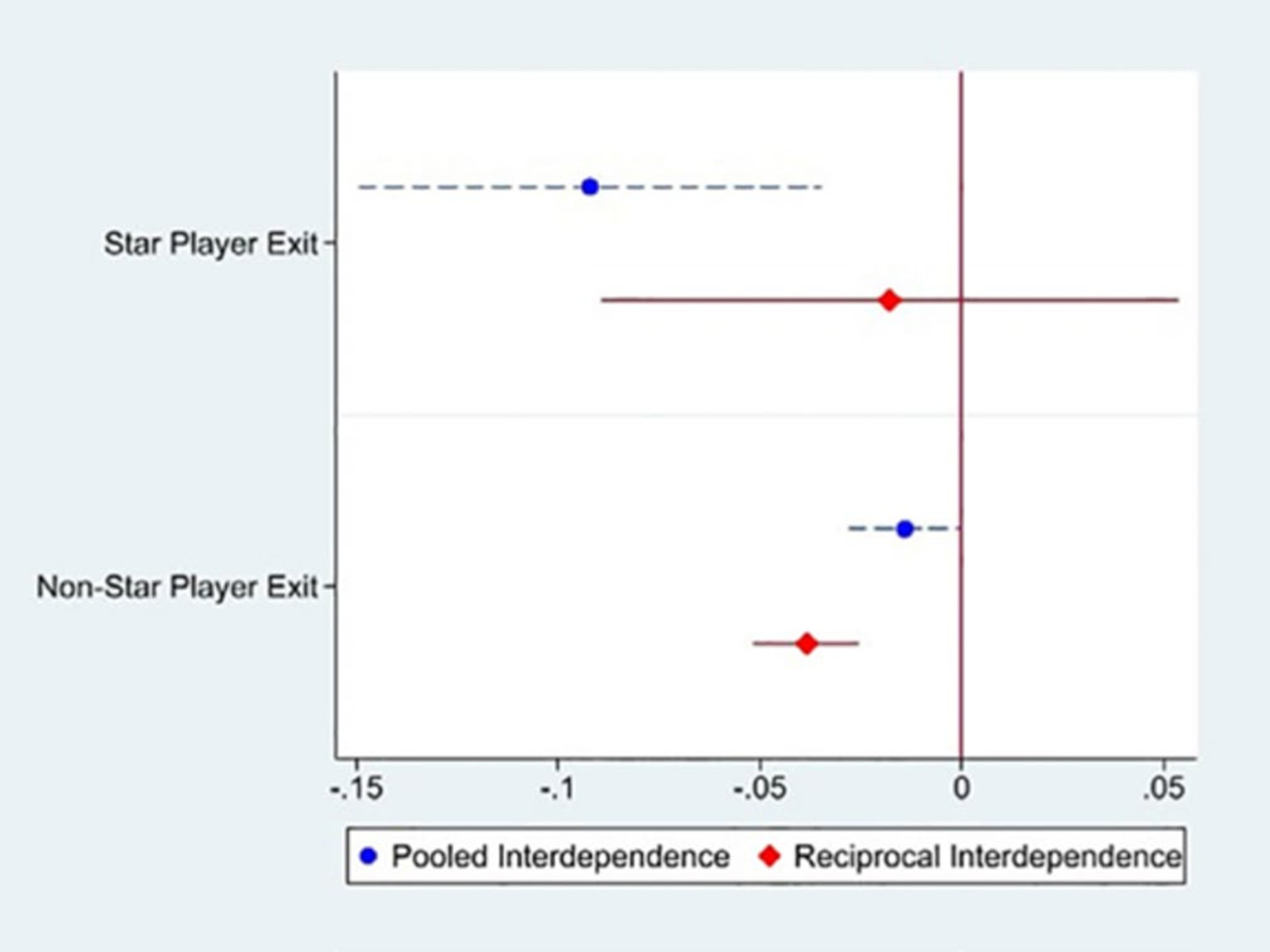

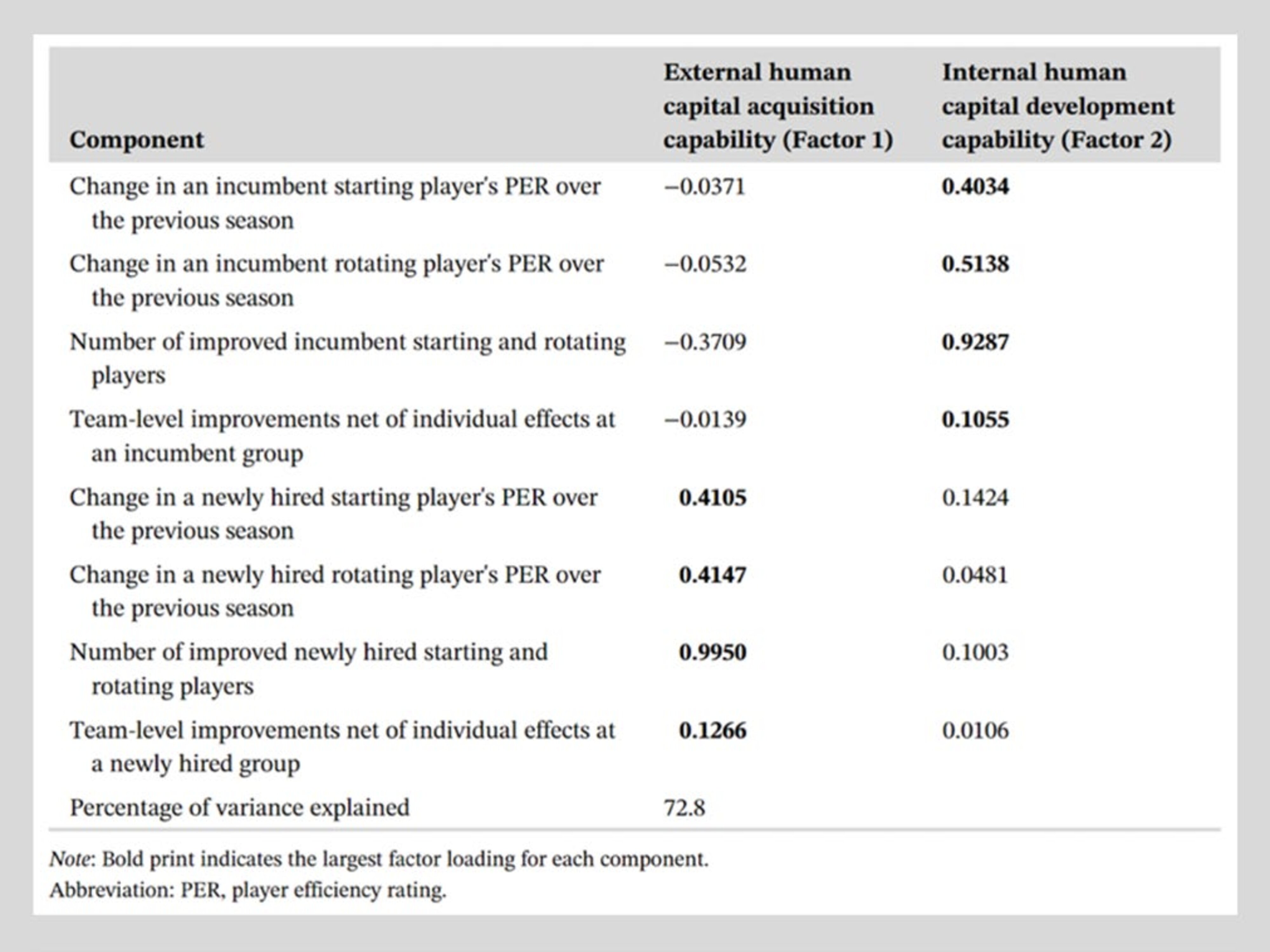

Environmental stimuli: A major challenge during grain filling in cereals
Department of Biology
Author: ZHANG Jianhua
Light, temperature, water, and fertiliser are arguably the most important environmental factors regulating crop growth and productivity. Environmental stimuli, including low light, extreme temperatures, and water stresses caused by climate change, affect crop growth and production and pose a growing threat to sustainable agriculture. Grain filling stage is the final stage of growth and is also the most important stage in cereals, directly determining the grain weight and final yield. However, the grain filling process is extremely vulnerable to different environmental stimuli, especially for inferior spikelets which usually flower later during the pollination stage. Given the importance of grain filling in cereals and the deterioration of environmental problems, understanding environmental stimuli and their effects on grain filling constitutes a major focus of crop research. In recent years, significant advances made in this field have led to a good description of the intricate mechanisms by which different environmental stimuli regulate grain filling, as well as approaches to adapt cereals to changing climate conditions and to give them better grain filling. In this review, the current environmental stimuli, their dose-response effect on grain filling, and the physiological and molecular mechanisms involved are discussed. Furthermore, what we can do to help cereal crops adapt to environmental stimuli is elaborated.
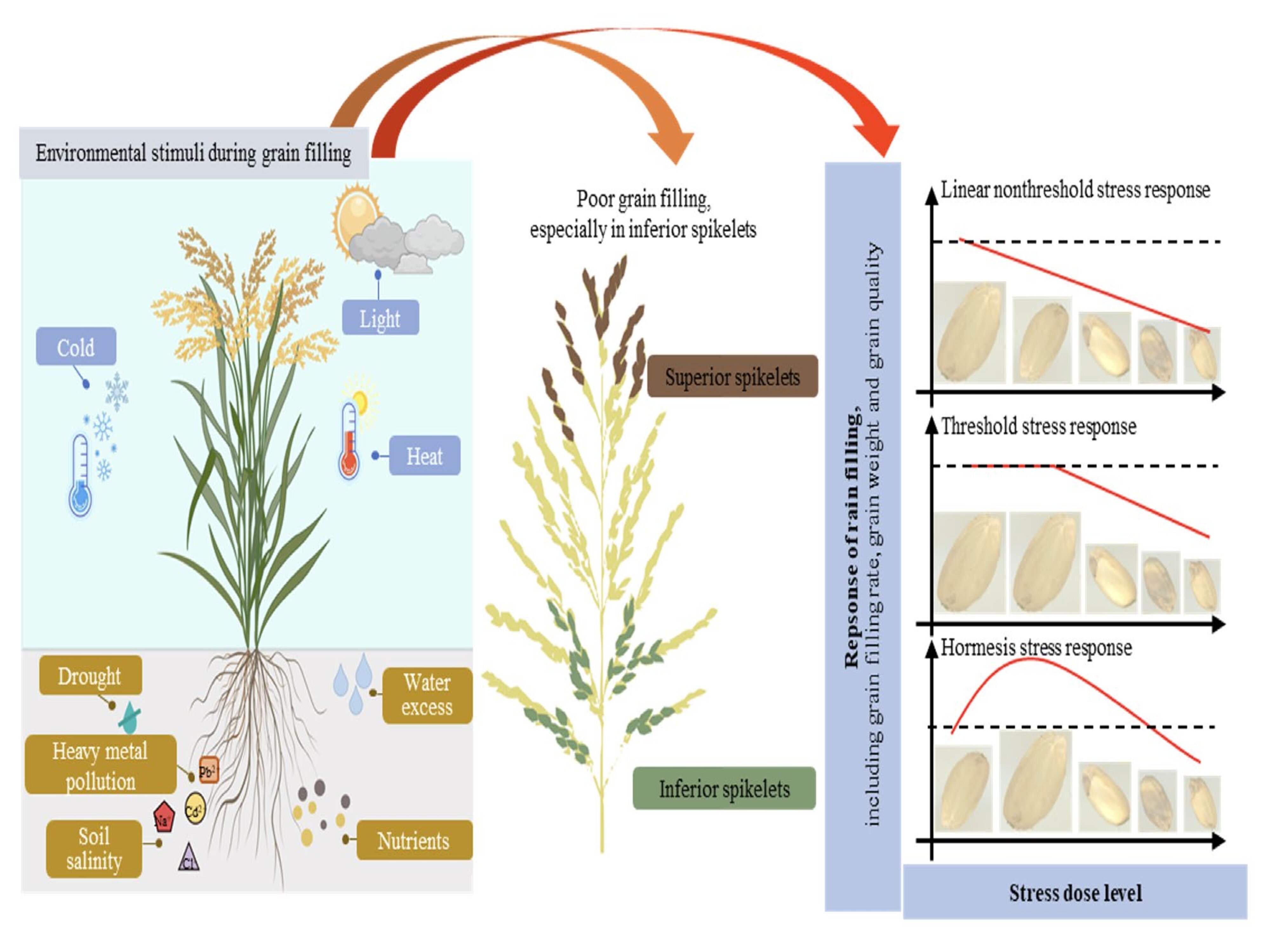

Employment practice
HKBU adheres to the Minimum Wage Ordinance in Hong Kong and the salary level at the University surpasses the subsistence level in Hong Kong. Internal guidelines have been established to provide relevant details and ensure strict compliance with the Ordinance.
The Policy on Anti-Slavery and Equivalent Rights for Outsourced Workers has been implemented to ensure the protection of labour conditions for workers, such as providing fair wages and competitive benefits that are in line with market standards and meeting all statutory requirements, which has been employed by the suppliers.
The Equal Opportunities Framework, as set up by the University, prohibits discrimination and harassment as they violate the rights, dignity and reputation of individuals, and create an unfavourable environment for learning and development. The University is dedicated to upholding good governance, accountability and a high degree of transparency. It also actively encourages staff, students and external parties to report any suspected malpractice, misconduct, irregularities or illegal activities at HKBU.
In order to promote the growth and development of staff members, various levels of support, both in terms of financial assistance and operational aid, are made available to eligible staff members. These support measures are provided in accordance with established criteria and procedures.
Occupational health and safety
In accordance with the Health, Safety and Environment Policy, the University is dedicated to ensuring the health and safety of its employees to the best of its ability. As part of the effort to promote a safe working environment, all full-time staff members are obligated to complete compliance training, where one of the specific training topics is “Occupational Safety and Health Ordinance”.
